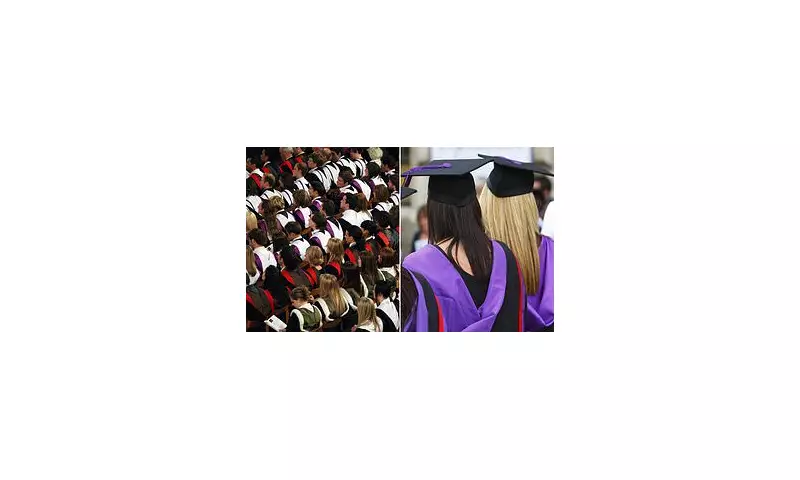
Graduates with so-called 'Mickey Mouse' degrees—often dismissed as frivolous or lacking academic rigour—may have the last laugh, according to new research. A study has found that students who pursue niche or creative subjects often outperform their peers in employability and career satisfaction.
The Surprising Advantages of Unconventional Degrees
Contrary to popular belief, graduates from courses like media studies, fashion design, and even video game development are securing stable jobs and earning competitive salaries. Employers increasingly value the transferable skills these degrees provide, such as creativity, adaptability, and problem-solving.
Key Findings:
- Higher employability: Graduates from creative fields often have more diverse job opportunities.
- Career satisfaction: Many report higher levels of job fulfilment compared to traditional degree holders.
- Soft skills advantage: Communication, teamwork, and innovation are highly sought after in today’s job market.
The study also highlights that industries like digital media, marketing, and entertainment are booming, creating demand for graduates with specialised knowledge in these areas.
Breaking the Stigma
For years, degrees in subjects like drama, art history, or sports science have been unfairly labelled as 'easy' or 'pointless.' However, experts argue that these courses cultivate critical thinking and practical skills that are invaluable in a rapidly changing economy.
"The idea that only STEM or business degrees lead to success is outdated," says Dr. Emily Carter, an education policy analyst. "Employers want well-rounded individuals who can think outside the box."
What Employers Say
Recruiters from leading firms confirm that candidates with unconventional degrees often bring fresh perspectives to the workplace. "We hire for potential, not just qualifications," notes Sarah Bennett, a HR director at a top UK media company.
As the job market evolves, the value of diverse educational backgrounds is becoming clearer—proving that there’s more to success than just a 'traditional' degree.





